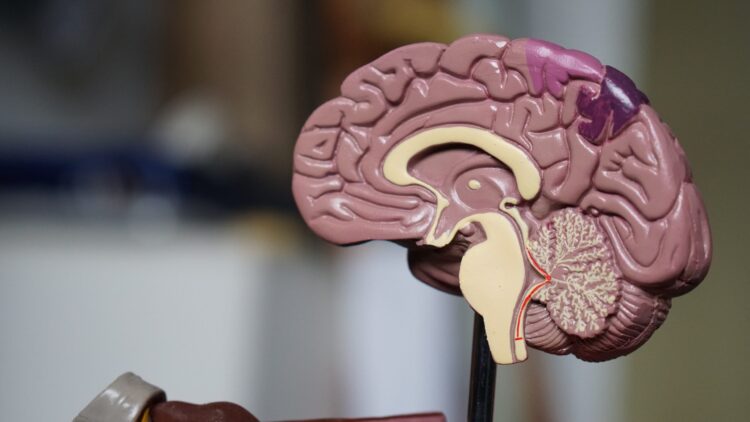OP
Callmestar
Member
- Joined
- Apr 3, 2019
- Messages
- 647
Intermittant fasting and lower your carbs. I'm NOT saying fast for days or eliminate carbs, I'm saying fast for at least 12-14 hrs a day every day. I lost 29 pounds in 3 months (all the weight gain started of course with eating lots of carbs) and haven't felt this good in many years. All my insulin resistant symptoms went away - hypoglycemia, not feeling full no matter how much I ate, hungry again shortly after I ate, carb cravings, etc. - all gone. My pre-diabetes symptoms also went away - constant thirst, frequent urination, super dry eyes, kidney pain, etc. Doing this won't take long to start showing solid results - give it a week, but you need to maintain it for as long as you want the benefits.
You could be right. The thing is, this is what I was doing when I got ill and then for several years while trying to improve my symptoms. I'm at a complete loss at this point as to what is the right thing to do but most places other than this forum would agree with your approach.
Last edited:



